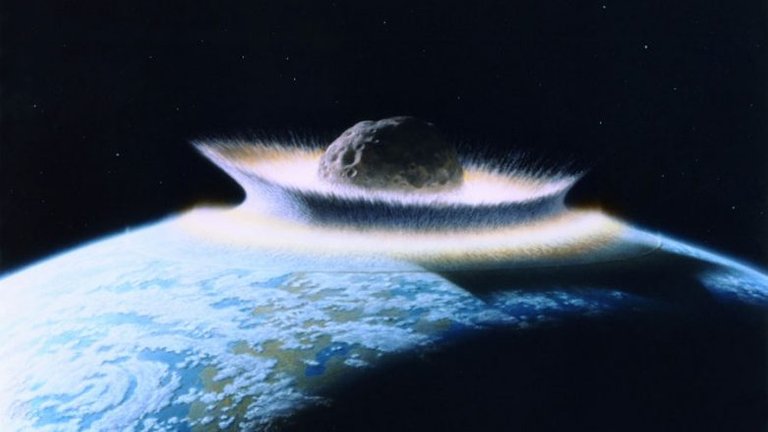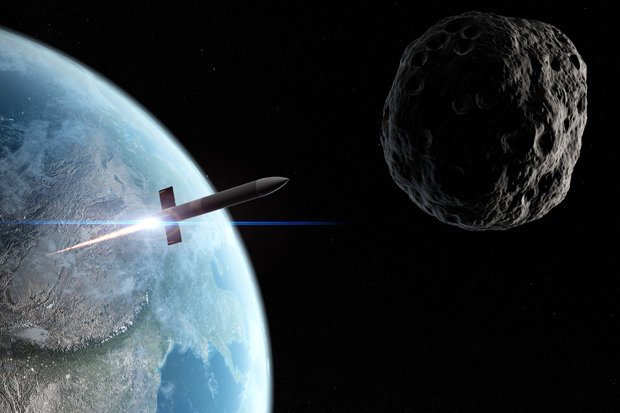
Planetary defense experts have said there are a number of options to protect mankind from destroying the strike of a "rock" of space.
According to foreign media, follow the Telegraph, all three proposals include firing a missile to him, colliding another object with him or changing his course using the gravitational attraction of a spaceship.
But researchers are not able to actually test each method.
Speaking this week at a meeting of the American Astronomical Society, Erika Nesvold, an astrophysicist at the Carnegie Science Institute in Washington DC, said: "Of course, we have no money or time to develop and test all methods."
"So we want to know how we can decide which of these options is more likely to work."

As part of their project - called the Deflector Selector - writes DailyStar, her team simulated more than 18 million different attempts to save the Earth from a killer asteroid.
These results were then used to teach a computer to find the best solution to stop the asteroid.
Although no other details were provided, it was said that after entering all the data on the computer, he was able to decide how to stop the asteroid that caused the apocalypse in a few seconds.
Nesvold's team hopes that with the further upgrading of the Artificial Intelligence system, they can fully protect the planet.
Just a few weeks ago, NASA discovered that the 99942 Apophis Asteroid - a rock as big as a mountain - could hit the Earth in 2036.
Steve Chesley, a NASA scientist, along with Paul Khodas of the space agency lab of the space agency, has now predicted this could happen on April 13, 2036.
"Apophis has been one of those heavenly bodies that have captured public interest since it was discovered in 2004," Chesley said. / Telegraph /